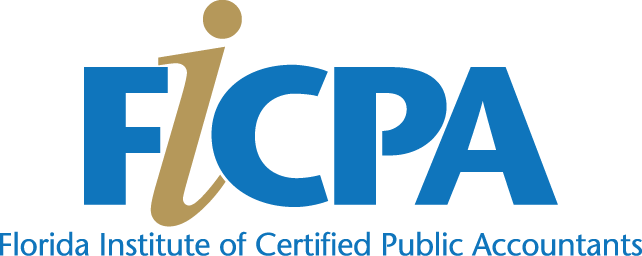
Are you looking to reduce your business tax liability and keep more of your hard-earned money? Maximizing your business tax deductions is a smart strategy to make that happen. But with so many deductions to consider, it can be overwhelming to know where to start. Whether you’re a small business or a large corporation, these ten tips can help you maximize your business tax deductions and stay financially fit.
1. Startup Costs
Starting a new business involves expenses like market research, location selection, marketing costs, training, acquisition fees, and more. The good news is these expenses are generally deductible, up to $5,000, in the first year, and any remaining expenses can be amortized over 15 years.
2. Banking Fees
If your bank or credit card company charges your business annual or monthly service, transfer, or overdraft fees, these can be deducted. You can also deduct merchant or transaction fees paid to third-party payment processors like PayPal or Stripe.
3. Legal and Professional Fees
Most businesses consult with attorneys, tax professionals, and other consultants throughout the year. The good news is that these expenses are generally deductible from the year they were incurred.
4. Business Meals
You can generally deduct 50 percent of qualifying food and beverage costs as long as they're not extravagant, a part of your general business behavior, and you or your employees are present. Always keep documentation like the expense amount, date, place, and business relationship, by writing it on the receipt.
5. Memberships and Educational Expenses
If you belong to a professional association related to your business, you can deduct membership fees from your taxable income. Also, did you attend business-related seminars, conferences, or continuing education courses to improve your skills or knowledge in your field? Those expenses may be tax deductible as well.
6. Software & Software Subscriptions
If you use software to track inventory or manage finances, you can deduct the software cost. These write-offs apply to the software you buy outright and subscription-based software you pay a monthly or annual fee for.
7. Vehicle Expenses
Do you use your vehicle for work? If so, you have another deduction. In addition to the standard mileage rate, you can also deduct tolls and parking fees. Depreciation can also be deducted, depending on how the vehicle is used for business.
8. Charitable Donations
Want to save on taxes and give back to your community? You can deduct most charitable contributions to qualified organizations if your business is not a corporation.
9. Depreciation
As your business furniture and equipment ages, their value depreciates. Although you can claim depreciation as a tax write-off, the IRS requires that you spread the cost of those items over the years that you'll be using them rather than deducting the entire cost at once.
10. Home Office Expenses
To be eligible for a tax write-off, you must regularly (and exclusively) use your home office for business purposes. The deduction is calculated based on the percentage of your home used for business and includes expenses like mortgage interest, rent, utilities, insurance, and repairs.
Get the Most out of Your Business Tax Deductions
Superstein PA is a full-service accounting firm that offers tax, accounting, audit, and assurance services to businesses, non-profit organizations, and individuals. Let us help you maximize your tax deductions and savings this year! Contact us to get started!
Subscribe Newsletter
Subscribe to our newsletter, so you can be the first to find out the latest Blogs
Let’s Work Together
If you're dealing with intricate and complex finances, you need Superstein PA on your side. Reach out to us today.





